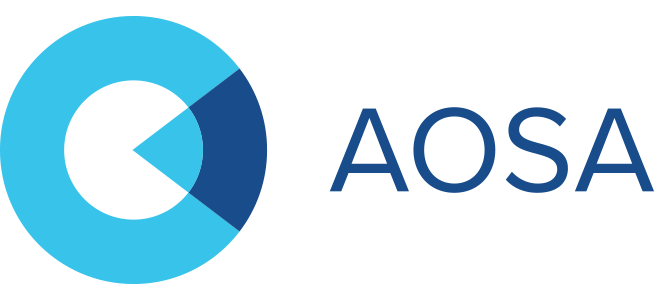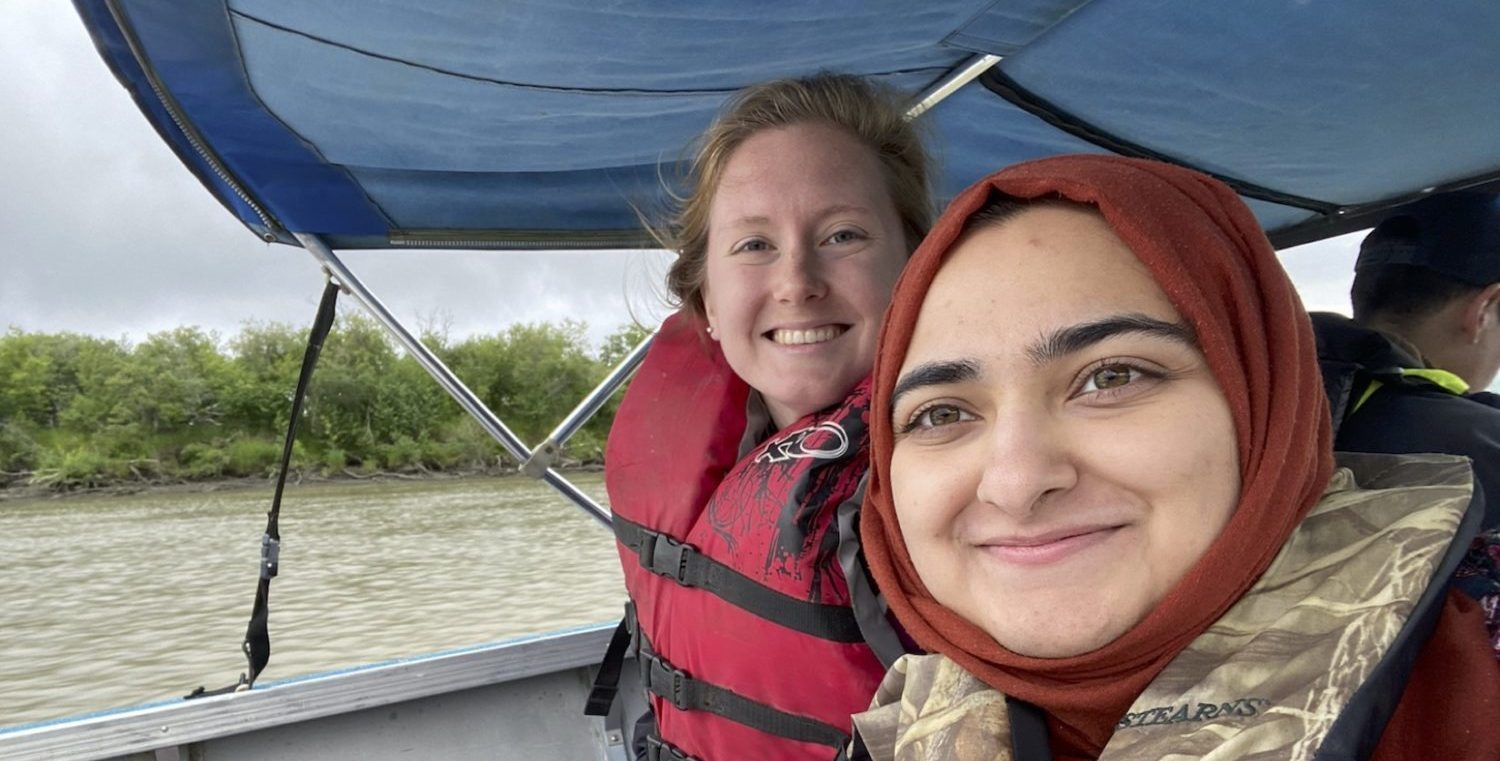After three crazy years of trying to balance classes, clinic, labs, and life, everyone in my class at Southern College of Optometry (SCO) was looking forward to our fourth-year clinical rotations. At SCO, we select two sites— one institutional and one private— in addition to our in-house rotation. In the summer of my second year, I was introduced to an institutional site in Bethel, Alaska: the Yukon-Kuskokwim Health Corporation (YKHC). This site is an Indian Health Service located in the heart of the Yukon-Kuskokwim Delta in the southwest Alaskan tundra. After researching all night when I should have been studying for pathology or pharmacology, I began counting down the days until I could begin my journey in the Last Frontier.
When SCO closed secondary to the pandemic, my first thought was: Would this carry over into the summer? Fortunately, I was still able to fly north to work at the hospital, and I am extremely thankful both SCO and YKHC Optometry granted me this incredible opportunity.
Helping at-risk populations and those in need of eye care has always been a burning passion of mine, and this past summer in Bush, Alaska, re-fueled that love.
So, what is optometry like in an area surrounded by water that is only accessible by plane, boat, or snow machine in the winter? I was wondering the same thing about four months ago.

The YKHC provides comprehensive care— medical, dental, optometric, auditory, and more—to the village of Bethel as well as the 58 surrounding villages in the Delta. The region is about the size of Oregon and contains over 23,000 people. There are five sub-regional clinics in the area, and each village has its own clinic that houses traveling workers, such as nurses, dentists, and optometrists. The YKHC opened a brand-new hospital last year, including an eye clinic with an in-house optical, a technology room with a fundus camera, OCT, visual field, an anterior segment camera, and over 10 exam lanes for patient care.
In the summer, optometry does not travel out to villages as frequently because most people are fishing or at fish camp smoking and preparing their fish. Due to this, more patients travel to the YKHC to receive eye care. Usually, there are a plethora of flights bringing people into Bethel, but flights were very limited this summer as a result of the pandemic. Most of our patients took a boat from their villages, some traveling several hours both ways to receive care. To offset this, YKHC Optometry traveled to eleven villages between May and August; I was fortunate enough to partake in two of these village trips.
For my first trip, we traveled via plane to Akiak, and on my second trip, we took my preceptor’s family’s boat upriver to Kwethluk. The populations of these villages were just under 400 and about 750 people, respectively. Our housing was located at the back of each clinic as there was a room with bunk beds and a kitchen, as well as a private bathroom with a shower. Both trips were similar in that it was me with one other extern and one staff doctor providing care to as many people as we could in one week. Case history, chair skills, and ocular health examination took place in a nurse’s exam room, and we performed refraction in the dental room. Between the two clinics, we saw a total of 136 people. Most of the patients were either young children or elderly people who were either unable or uncomfortable to travel to Bethel due to the circumstances. There were a few patients we had to refer to Bethel for specialty testing or emergency follow– up care at the hospital.
To protect ourselves and our patients, all of us providers had to be tested for COVID-19 before traveling to the villages. In the clinic, masks were required at all times, and if a patient did not have one, face shields were provided. Tonopen was performed to check IOPs, and between patients, we completely sanitized our rooms, including chairs, equipment, and anything the patient had contact with during the exam. Patients were scheduled in 15–minute increments to cut down on the number of people in the waiting room at a time. When choosing glasses, there were only a few options, and each frame was disinfected afterward. Additionally, a janitor cleaned the entire facility twice a day, including our housing quarters in the back of the clinics.
My experiences this summer in Bethel, Akiak, and Kwethluk were unforgettable, despite the impact from the pandemic. I could not have asked for a better rotation as my preceptors, fellow externs, and patients all greatly contributed to my growth as a fourth-year clinician. Alaska has a special place in my heart that I will cherish as I wrap up my optometric education and begin my dream career.

Autumn Killop (SCO) with Danielle Dyke AZCOPT(left), and Dr. Krystle Peñaflor (right)


